Cricket is more than just an athletic event, it’s a spirit that brings together thousands of followers. Of the multiple players who define the game, cricket captains are considered as the most important in their role as leaders in and on the pitch. They don’t just perform on their own but also manage their teams, motivate players, take strategic decisions as well as manage the stress of expectation. In this article we’ll examine top 10 legendary captains of cricket who have left an unforgettable impression on the sport through their impact and their legacy.
1. Kapil Dev (India)
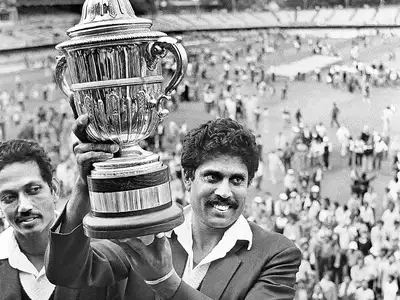
Kapil Dev, the former Indian all-rounder, is best known for leading India to its first Cricket World Cup victory in 1983. His leadership changed how cricket was perceived in India. Kapil’s strong batting style and strategic acumen inspired a new generation of players. He emphasized fitness and discipline, which laid the foundation for future Indian teams to excel internationally. His famous innings of 175 against Zimbabwe in the 1983 World Cup remain a landmark moment in cricket history.
2. Clive Lloyd (West Indies)
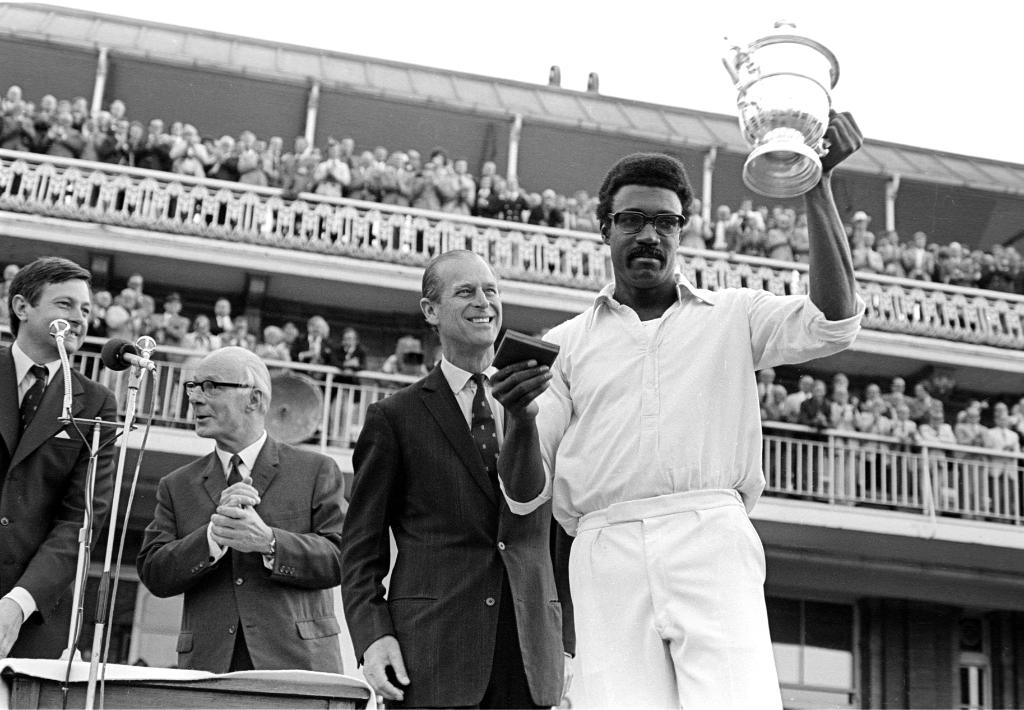
Clive Lloyd was the West Indies captain during one of their most dominant eras in cricket. Under his leadership, the team won two consecutive World Cups in 1975 and 1979. Lloyd’s bold batting and strategic mindset revolutionized the approach to one-day cricket. He promoted a fearless style of play, encouraging his players to take risks and dominate opponents. His emphasis on teamwork and strong bowling attacks helped establish the West Indies as a cricketing powerhouse.
3. Pakistan Cricket Team Captain: Imran Khan
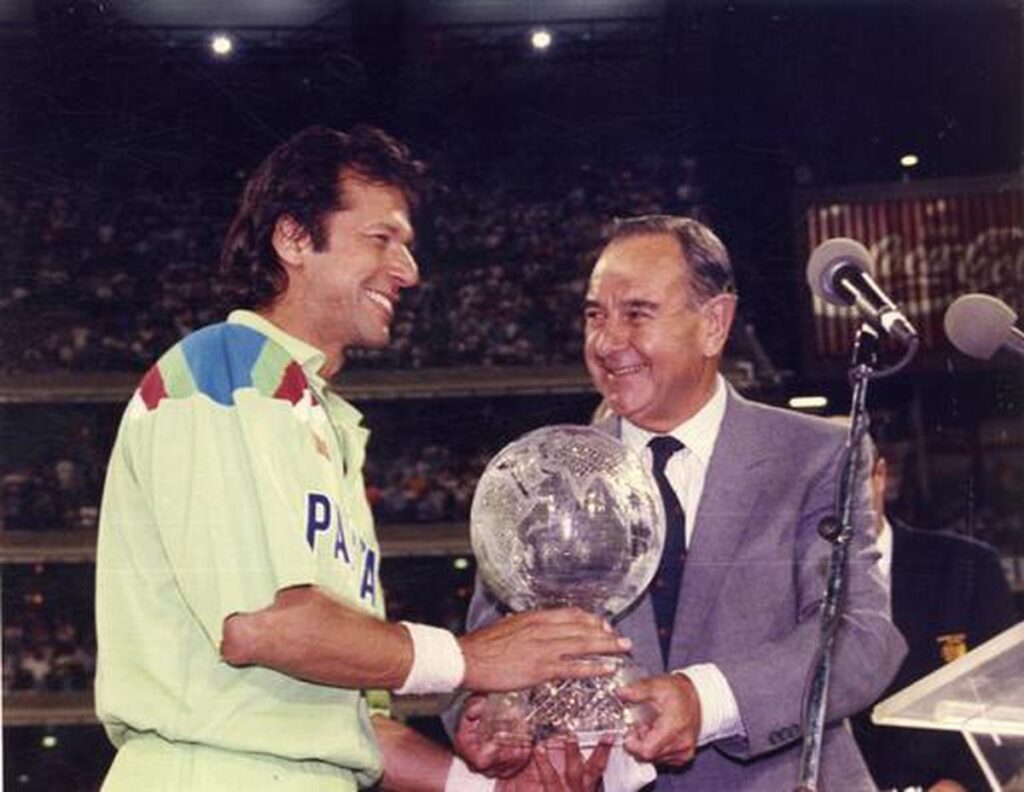
Imran Khan, a legendary all-rounder and charismatic leader, was the Pakistan cricket team captain for its first World Cup victory in 1992. A blend of motivational skills and tactical brilliance characterized his leadership style. Imran’s ability to inspire his team to perform under pressure is legendary. He introduced a new era of professionalism in Pakistan cricket, advocating for fitness and discipline. His success as a captain also led to his later involvement in politics, where he continued to influence Pakistan’s future.
4. Steve Waugh (Australia)

Steve Waugh is one of the most successful captains in cricket history. Under his leadership, Australia achieved remarkable success, including 16 consecutive Test victories. Waugh’s approach centered on mental toughness and resilience, which became hallmarks of Australian cricket. He emphasized the importance of a strong work ethic and instilled a winning mentality in his team. Waugh’s ability to manage player’s personalities and foster team spirit made him a standout captain.
5. Sourav Ganguly (India)
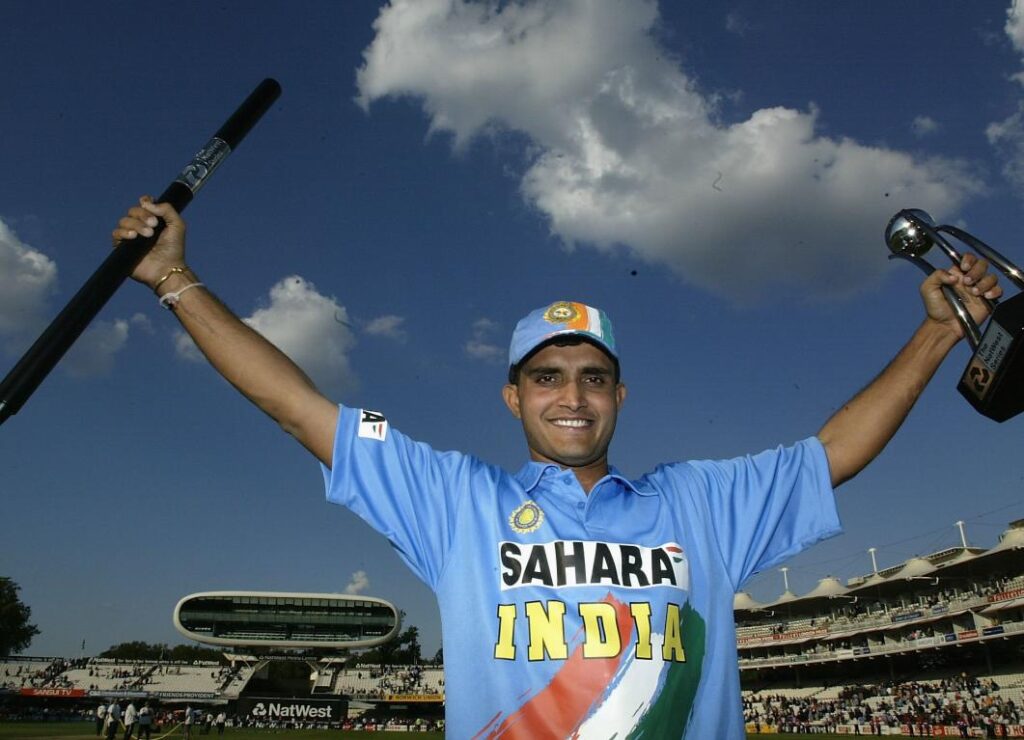
Sourav Ganguly’s tenure as captain marked a turning point for Indian cricket. He led a young team with a fearless attitude, challenging the status quo in world cricket. Ganguly’s strong leadership style and willingness to back his players gave India the confidence to compete against top teams. His famous act of waving the Indian flag at Lord’s after a historic Test victory in 2002 symbolized a new era of pride in Indian cricket. Under his guidance, players like Rahul Dravid, Virender Sehwag, and Yuvraj Singh flourished.
6. Ricky Ponting (Australia): World Best Captain in Cricket
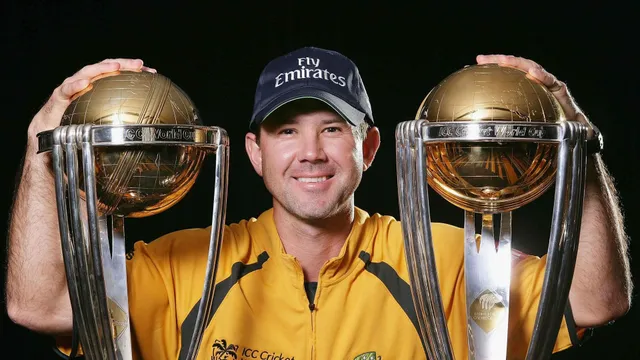
Ricky Ponting is one of the most successful cricket captains ever, leading Australia to win the World Cup twice, in 1999 and 2003. His dynamic batting and innovative strategies changed how captains lead in modern cricket. Ponting stressed the importance of being prepared and built a winning attitude within his team. During the famous 2003 World Cup final, he scored 140 runs against India, proving he could handle pressure. His time as captain set high expectations for future Australian teams.
7. Virat Kohli (India): King of Cricket Captain
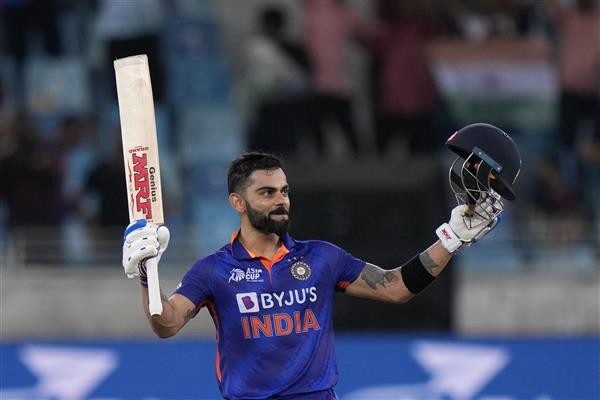
Virat Kohli has redefined modern cricket with his powerful batting style and passionate leadership also known as king of cricket captain. As captain of the Indian team, he has focused on fitness and a winning mentality. Kohli’s emphasis on data analytics and modern training techniques has influenced how cricket is played today. Under his captaincy, India achieved historic Test series victories in Australia and England, showcasing their ability to compete in challenging conditions. Kohli’s dedication and commitment to the game inspire young players worldwide.
8. Graeme Smith (South Africa)

Graeme Smith’s leadership brought a new chapter for South African cricket. He became the youngest captain to lead a Test team at 22. Smith focused on resilience and teamwork, highlighting the need for mental strength. He often batted through tough times, setting an example for his teammates. Under his captaincy, South Africa became a strong force in international cricket and reached the No. 1 ranking in Tests for the first time. His skill in building a strong team culture has left a lasting mark on South African cricket.
9. Captain Cool MS Dhoni (India)
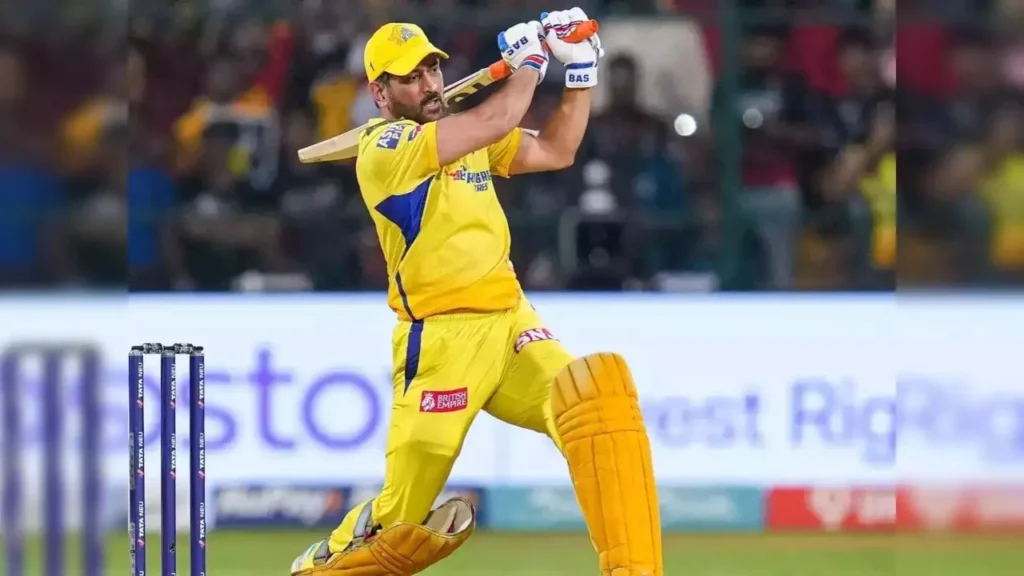
MS Dhoni is well-known for being calm and a smart leader. He etched his name in history as the first captain to guide India to glory in both the 2007 T20 World Cup and the 2011 Cricket World Cup! His special talent, called “finishing,” changed how matches are played in the last few overs. Dhoni excelled at making key decisions under pressure and building good relationships with his teammates. He is considered one of the most respected leaders in cricket history, and his legacy continues to motivate young cricketers worldwide.
10. Eoin Morgan (England)
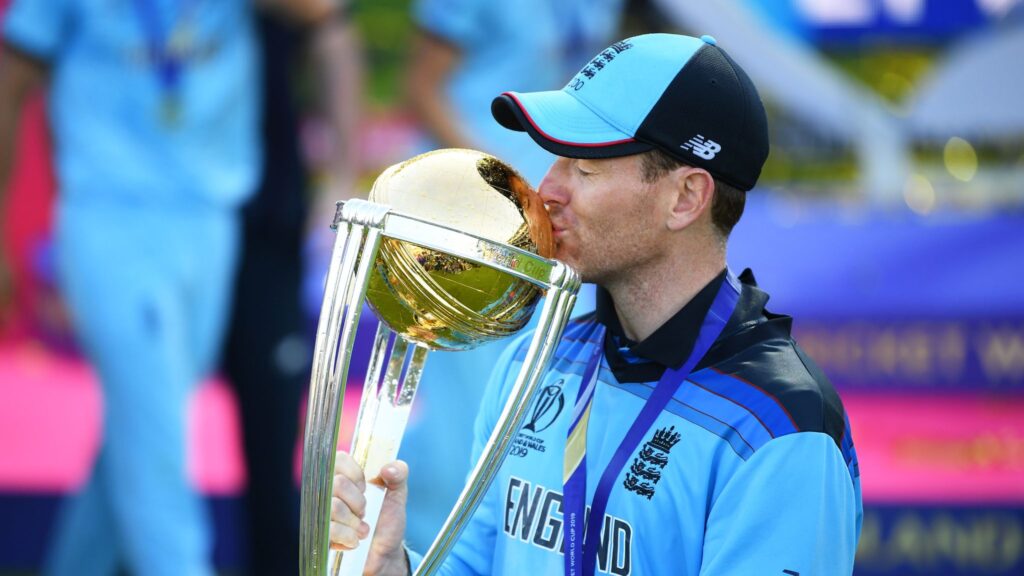
Eoin Morgan’s captaincy transformed England’s approach to limited-overs cricket. Under his leadership, England adopted an aggressive batting style emphasizing quickly scoring runs. This approach culminated in their victory in the 2019 ICC Cricket World Cup, where they secured their first title in a thrilling final against New Zealand. Morgan’s innovative tactics and analytics focus have reshaped how teams approach white-ball cricket, encouraging a more dynamic and attacking mindset.
Conclusion
The influence of these ten cricket captains goes beyond just numbers. They transformed how cricket is played and viewed, inspiring future generations to explore new possibilities in the sport. Their distinctive leadership styles, strategic innovations, and talent for motivating teammates have made a lasting impression on cricket history. As the game evolves, the legacies of these captains will always be remembered, highlighting how exceptional leadership can change not just a team but the entire sport.




2 thoughts on “Top 10 Cricket Captains Who Changed the Game”